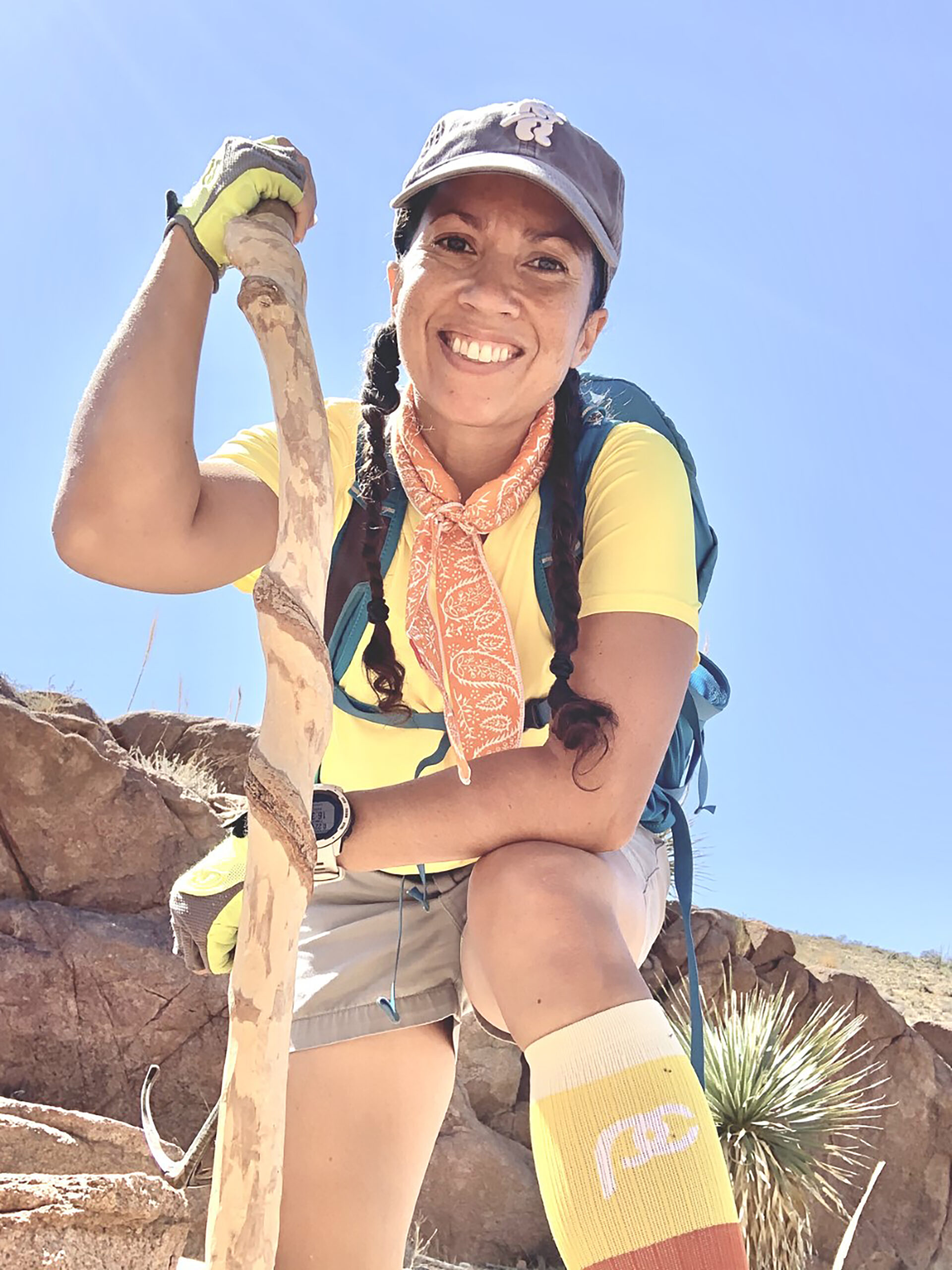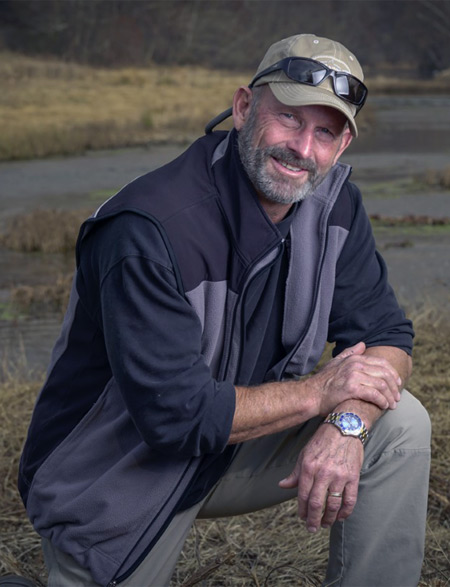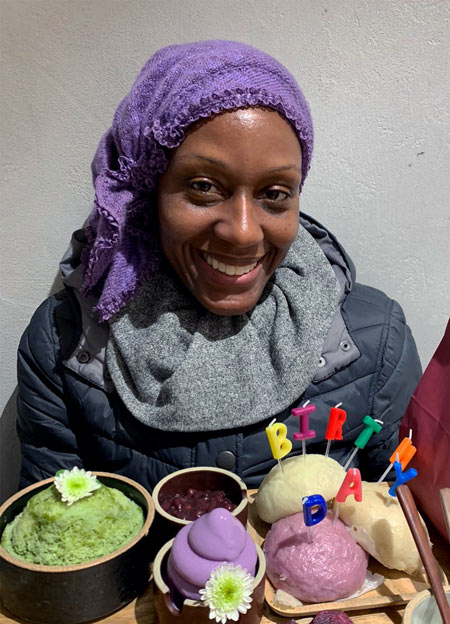Last Updated on January 18, 2023 by OCF Communications
WHO AM I? This question is foundational for all believers, because when we are saved by Jesus, we become a new person. Understanding the characteristics of our new nature is an ongoing process in living a life that reveals Jesus to the world. The following stories are not just accounts of people who endured the process of rediscovering their identity in Christ, but they are also stories of a heavenly Father who loves his children enough to show them a far more abundant life.

MAJ Lynda Johnson, USA (Ret.)
Lynda Johnson doesn’t look like the typical U.S. military officer. The retired Army major describes herself as a 4’10” woman, mom, minority, and someone who is “comfortable not having any aspirations to become a general. Retiring was no big deal. Just another day.”
Johnson didn’t find her identity in career success or in a military uniform. Instead, she identified herself with a beloved hobby: running.
“I didn’t run marathon races or anything,” Johnson said. “Running was a respectable excuse to not join in team sports. It was a place safe from unmet expectations, miscommunications, and callous rejections. Being a ‘runner’ made me, by default, better than the non-runners, and at minimum potentially useful according to the Army standard.”
At her retirement physical, however, she learned that she had to stop running because of a degenerative disc disease, flat feet, and arthritis in her left knee. With no surgery or medication options available, Johnson had no choice but to quit.
“I was devastated,” Johnson said. “How would I stay in shape? What would I do for recreation? I was convinced I was a ‘runner’ for so long! It was my default answer when people would ask what I did for fun.”

“I have to focus on remembering that my full value is not determined by a job, an accomplishment, or a person’s affirmation.”
Lynda Johnson
This begs the question: Who are you? In other words, what is your identity? As Christians, we often officially identify ourselves as followers of Christ. However, our identities are defined by any number of things—from military careers to being the hardest worker in the room, the most effective leader, or the fittest person in the unit.
While these things aren’t inherently bad, allowing them to define us is dangerous. “The fact is, we have several identities in life. They all work together to help us answer the question ‘Who am I?’ They can also overpower or twist our spiritual identity,” CH(LTC) Fred Robinson, USA (Ret.) explains. When this occurs, believers often find themselves in a “spiritual identity crisis,” as Robinson puts it.
“The world has many tempting sources of identity other than Scripture,” he says. “Some can deceptively last a lifetime. Most however, eventually lose their ability to help us find positive meaning in life.”
While Johnson enjoyed running, Christ had different plans for her priorities. “God wanted me to focus on Him and who I was in Him,” Johnson said. “He wanted me to literally stop running for my own peace and gain, and to spiritually start running the race He specifically set just for me.”
Johnson has since replaced running with hiking. Still, her identity isn’t caught up in it. God could remove that, too, and she says she’d be fine.
“What we do changes, and should change, but who we do it for should never change,” Johnson said. “I have to focus on remembering that my full value is not determined by a job, an accomplishment, or a person’s affirmation. I have to intentionally respond with faith in who I am in Christ.”













Pursuit of a goal or dream is worthwhile. It teaches disciplined habits, the positive effects of dedication, and humility in acomplishment. It is in the end, however, a temporal, corporeal thing briefly enjoyed. Pursuit of relationships has results of better quality – the feeling of acceptance in vulnerability, enlightenment through mentorship, emotional awareness, etc. Pursuit of relationship with God, our father, through Christ, is tough because religion obstructs and sensuality distracts, but it is the whole purpose of our very existence.